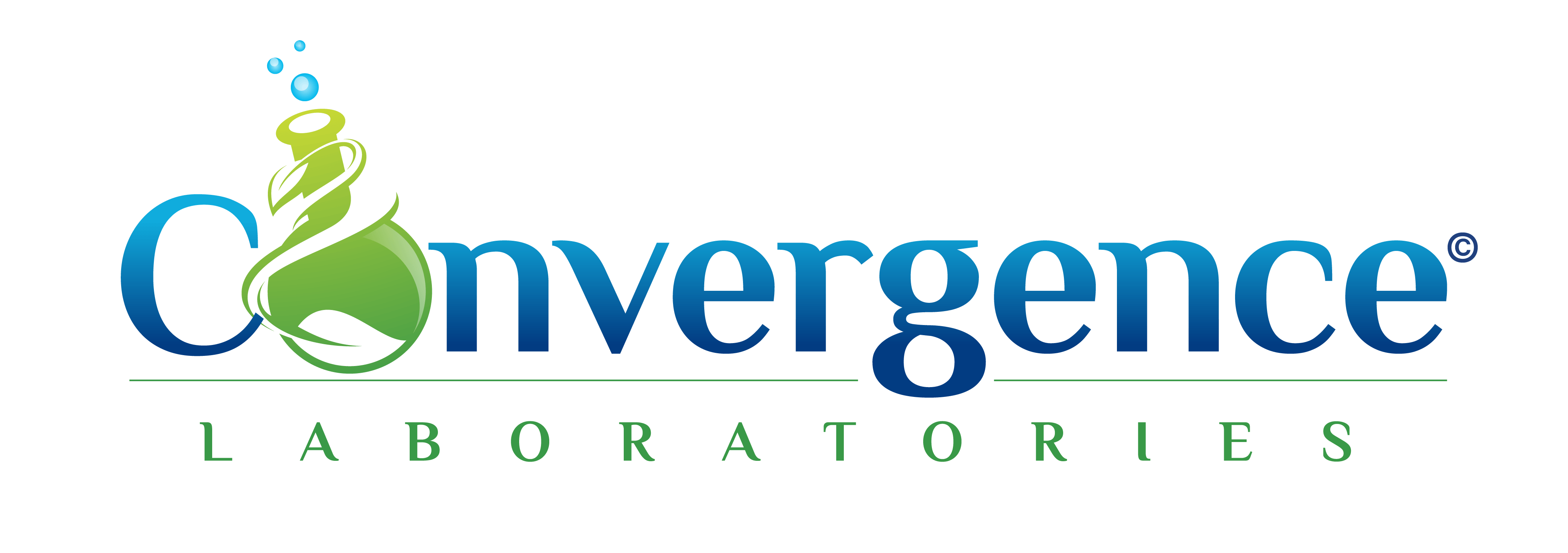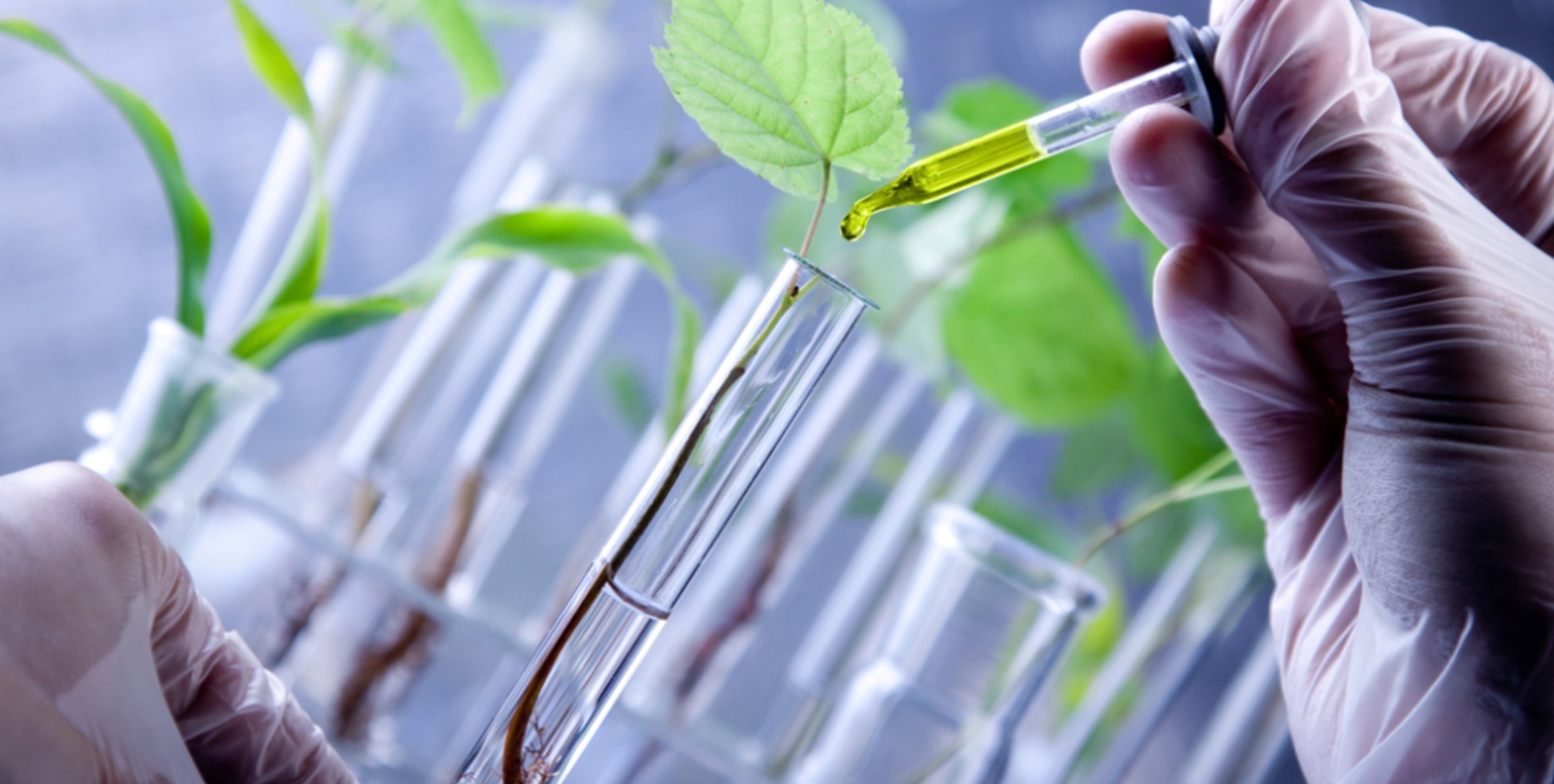We look forward to giving you the most efficient laboratory testing while assisting in increasing your product quality for more profitable industry.
Convergence Laboratories is committed to building a better future by combining a diverse and experienced staff, as well as passionate scientists. We provide highly detail-oriented services to the hemp cannabis industries. We promise fast results with our state of the art technology, motivated team members and proven test methods. Convergence Laboratories is dedicated to improving the hemp and cannabis industries through collaboration and partnerships.
Potency
HPLC (High Performance Liquid Chromatography)
The most important component of cannabis testing is the analysis of cannabinoid profiles, also known as potency. Cannabis plants naturally produce cannabinoids that determine the overall effect and strength of the cultivar, which is also referred to as the strain. There are many different cannabinoids that all have distinct medicinal effects. However, most states only require testing and reporting for the dry weight percentages of delta-9-tetrahydrocannabinol (Δ9-THC) and cannabidiol (CBD). It should be noted that delta-9-tetrahydrocannabinolic acid (Δ9-THCA) can be converted to THC through oxidation with heat or light.
For potency testing, we use a traditional high-performance liquid chromatography Shimadzu HPLC 2030c Plus which is the gold standard for analyzing cannabinoid profiles.
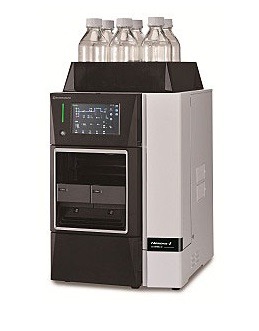
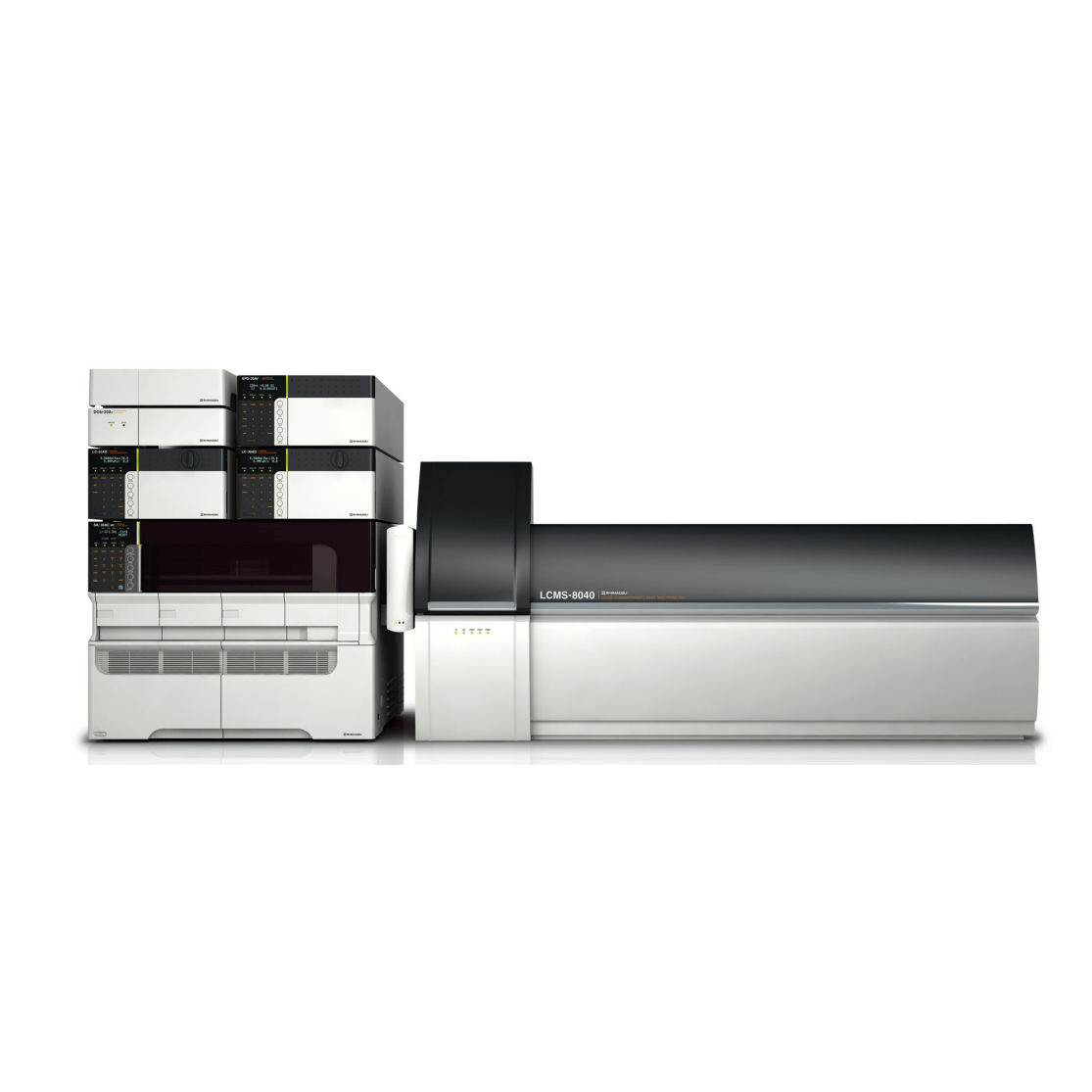
Pesticide & Mycotoxin Analysis
LC-MS (Liquid Chromatograph-Mass Spectrometry)
The detection of pesticides in cannabis can be a challenge. There are many pesticides that are used in commercial cannabis grow operations to kill the pests that thrive on the plants and in greenhouses. These chemicals are toxic to humans, so confirming their absence from cannabis products is crucial. The number of pesticides that must be tested for varies from state to state, with California requiring only 66 pesticides. The list of pesticides will continue to evolve as the industry evolves.
Testing for pesticides is one of the more problematic analyses and for a majority of pesticides, liquid chromatography mass spectrometry (LCMS) is acceptable. We are proud to have the Shimadzu LC-MS/MS 8060 system with a triple quadrupole mass spectrometer that provides ultra-low detection limits, high sensitivity and efficient throughput in our laboratory.
Mycotoxins, which are toxins produced by fungi have the potential to become lethal and continuous exposure to mycotoxins can lead to a buildup of progressively worse allergic reactions. LC-MC/MS is used to qualify and identify strains of mycotoxins. In addition to standard LC, using an MS/MS selective detector enables our lab to obtain limits of detection up to 1000 times greater than conventional LC-UV instruments.
Terpenes, Residual Solvents & Pesticides
GC-MS (Gas Chromatograph-Mass Spectrometry) with Headspace Autosampler
Pesticides that do not ionize well in an LCMS source require the use of a gas chromatography mass spectrometry (GCMS) instrument. At Convergence we utilize the Shimadzu TQ8050 GCMS with a triple quadrupole mass spectrometer and the QP2010 GCMS with a headspace autosampler to help maximize the capabilities of our laboratory. With the inclusion of the headspace autosampler. we able able to utilize the GCMS to analyze terpene profiles and residual solvent testing.
Terpenes are produced in the trichomes of the cannabis leaves, where THC is created, and are common constituents of the plant’s distinctive flavor and aroma. Terpenes also act as essential medicinal hydrocarbon building blocks, influencing the overall homeopathic and therapeutic effect of the product. The characterization of terpenes and their synergistic effect with cannabinoids are key for identifying the correct cannabis treatment plan for patients with pain, anxiety, epilepsy, depression, cancer and other illnesses.
Residual solvents are chemicals left over from the process of extracting cannabinoids and terpenes from the cannabis plant. Common solvents for such extractions include ethanol, butane, propane and hexane. These solvents are evaporated to prepare high-concentration oils and waxes. However, it is sometimes necessary to use large quantities of solvent in order to increase extraction efficiency and to achieve higher levels of purity. Since these solvents are not safe for human consumption, most states require labs to verify that all traces of the substances have been removed.
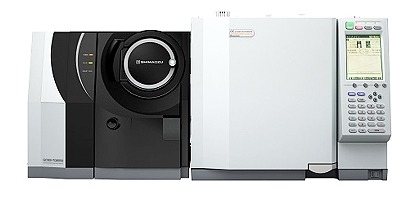
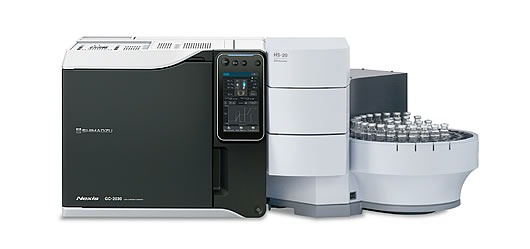
Heavy Metals
ICP-MS (Inductively Coupled Plasma Mass Spectrometry)
Different types of metals can be found in soils and fertilizers, and as cannabis plants grow, they tend to draw in these metals from the soil. Heavy metals are a group of metals considered to be toxic, and the most common include lead, cadmium, arsenic and mercury. Labs in California are required to test and confirm that samples are under the allowable toxic concentration limits for these four hazardous metals.
Heavy metal testing is performed by inductively coupled plasma mass spectrometry (ICP-MS). ICP-MS uses the different masses of each element to determine which elements are present within a sample and at what concentrations. We are proud to have the Shimadzu ICPMS 2030 in our lab.
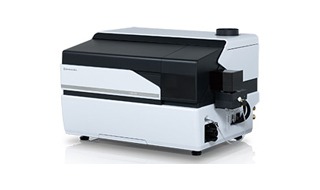

Microbial
PathogenDX Detectx
DetectX is a highly robust, sensitive and specific diagnostic assay designed to provide a presence or absence readout if the organism is present at or above 1 CFU/gram. The assay was designed to meet the demands of the California cannabis regulations but has also been adapted to meet the needs of several other states and countries. This assay has the shortest processing time of any multiplex microbial assay accepted by a regulatory agency and is able to test a wide variety of matrices.


